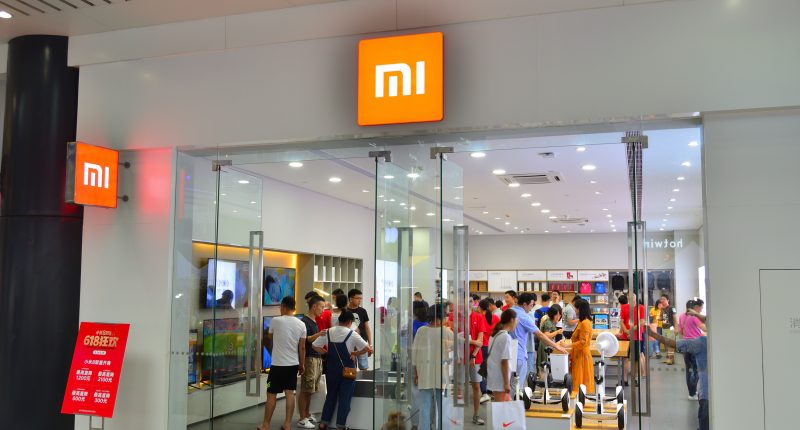Before leaving the White House after what can only be described as a dividing one term, the former US president, Donald Trump took one last shot at China and banned investors from buying shares in quite a few companies and apps with headquarters in China. The most popular of these-Xiaomi has clapped back and filed a lawsuit on Friday against the blacklisting in a Washington Federal Court.
Just a few days before Trump left office, his former administration’s officials targeted Chinese firms including Xiaomi, state oil giant CNOOC and more. This decision was seen as an attempt to finalize Trump’s trade war legacy against China after four years of tense negotiations with Beijing. The blacklisting entails that US investors can not buy shares from these firms or invest in them in any other way.
Xiaomi– a company which overtook Apple as the third largest smartphone manufacturer last year, was one of the nine firms which were said to be “Communist Chinese Military Companies” by the former president’s administration. Now, it has become one of the first to act against this label. The company has its headquarters in Beijing but claims to be wholly dis-affiliated with the Chinese government and/or military and said that the decision was irrational, factually incorrect and has deprived the company of legal due process.
The company has filed a lawsuit against the order “with a view to protect the interests of global users, partners, employees and shareholders,” it said in a statement. The company claims that the ban on investors will cause irreversible and imminent harm to its employees and stock prices, and that barring Mi from the U.S markets will damage the company’s ability to grow and finance business, to sell and maintain its products and relationships and to recruit and retain its employees.
The lawsuit is an attempt by Xiaomi to not repeat the Huawei incident, when the tech brand was blacklisted earlier, and it severely affected the Chinese OEM. The Xiaomi lawsuit appeals to overturn the blacklisting, claiming it to be unconstitutional under the Fifth amendment of the U.S constitution.
In a report, Xiaomi claimed that a substantial number of its shareholders are U.S citizens and that if the restriction stayed in place, it would only cause further harm to the company and its stock prices and stop Mi from expanding to its full potential. The U.S. market and financial institutions are critical for the company to grow, and access the capital it needs to expand in the highly competitive world market.
The U.S Department of Defense and the Treasury Department have not issued any response to the lawsuit yet.
The Tech Portal is published by Blue Box Media Private Limited. Our investors have no influence over our reporting. Read our full Ownership and Funding Disclosure →






